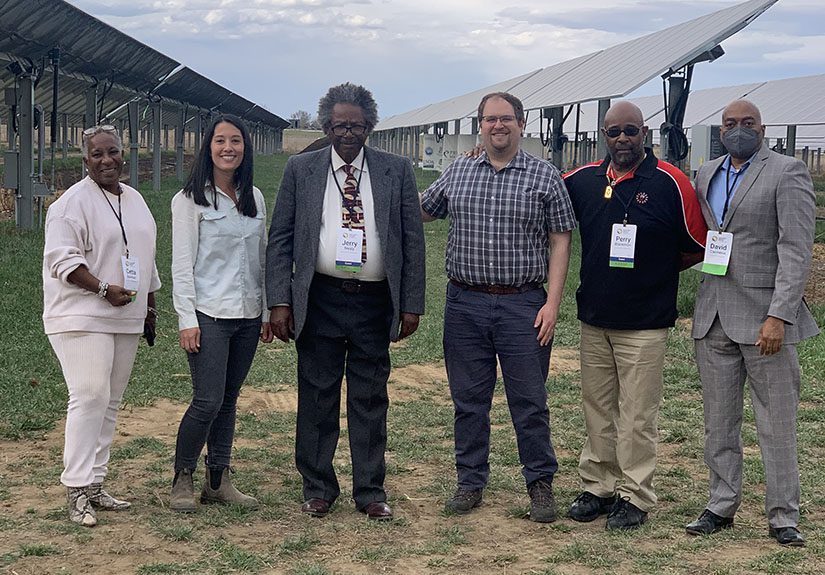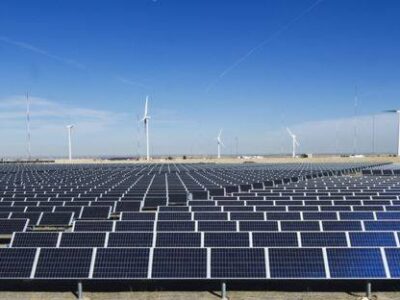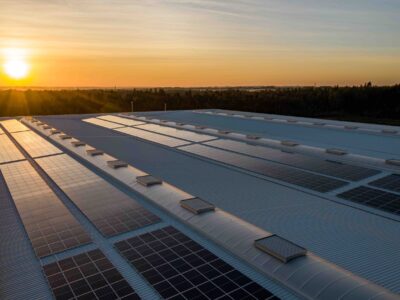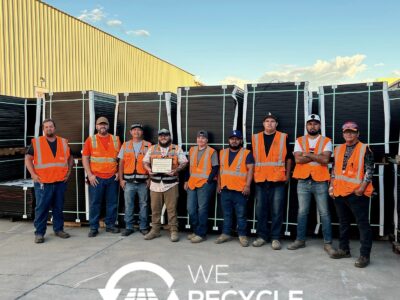The federal government has been putting its best foot forward on the transition to renewable energy. Between passing the Infrastructure Investment and Jobs Act and the Inflation Reduction Act, huge investments are helping large companies, small businesses, and individuals join the quest for a cleaner economy.
In addition to the investments, there are also programs in place to help provide more guidance. One example is the U.S. Department of Energy (DOE)-funded and National Renewable Energy Laboratory (NREL)-managed Clean Energy to Communities (C2C) program.
C2C connects experts from the national laboratory to local or Tribal governments, community or nongovernmental organizations, or utilities.
DOE representatives can then provide these groups with their expertise and insights into the local clean energy plans, with the opportunity to take into account the different capabilities, resources, and challenges of each group with whom they work. In July, the program notified all the organizations or groups chosen to participate this year.
Levels Of Interaction
There are different levels of engagement on the table through the C2C program. An “expert match” consists of one or two experts working for 40 to 60 hours to help with a local energy challenge, such as where to start on retrofitting buildings or how to engage possible funders. Approximately 200 communities receive this short-term assistance.
A “peer-learning cohort” extends for a longer period and is inherently different in nature. Over about six months, experts get together with small groups of organizations or governments to provide expert guidance and peer-learning opportunities. Each cohort focuses on a particular topic, which this year included the deployment of electric vehicle charging infrastructure, for example. About 100 communities joined one in 2023.
Finally, three-year “in-depth technical partnerships” will provide communities with more continuous support and funding to help them launch projects or meet other clean energy goals. In 2023, only four to five groups are receiving this highest level of support.
Solar Projects With Black Farmers
One of the most inspiring success stories of the Expert Match program is a collaboration with the Black Farmers’ Collaborative. The group spent 18 to 20 months developing relationships with the research team before applying for the program. Trust was essential to the success of the two solar projects in Florida that the experts helped them select, design, and get funding for.
Velma Deleveaux of the Black Farmers’ Collaborative noted in an NREL news story that “there’s so much loss that Black farmers have experienced through discrimination, so there is a lot of skepticism when people come into communities with new programs. Listening on everybody’s part — that made it a great team, and I think that common interest on all sides is what made this work.”
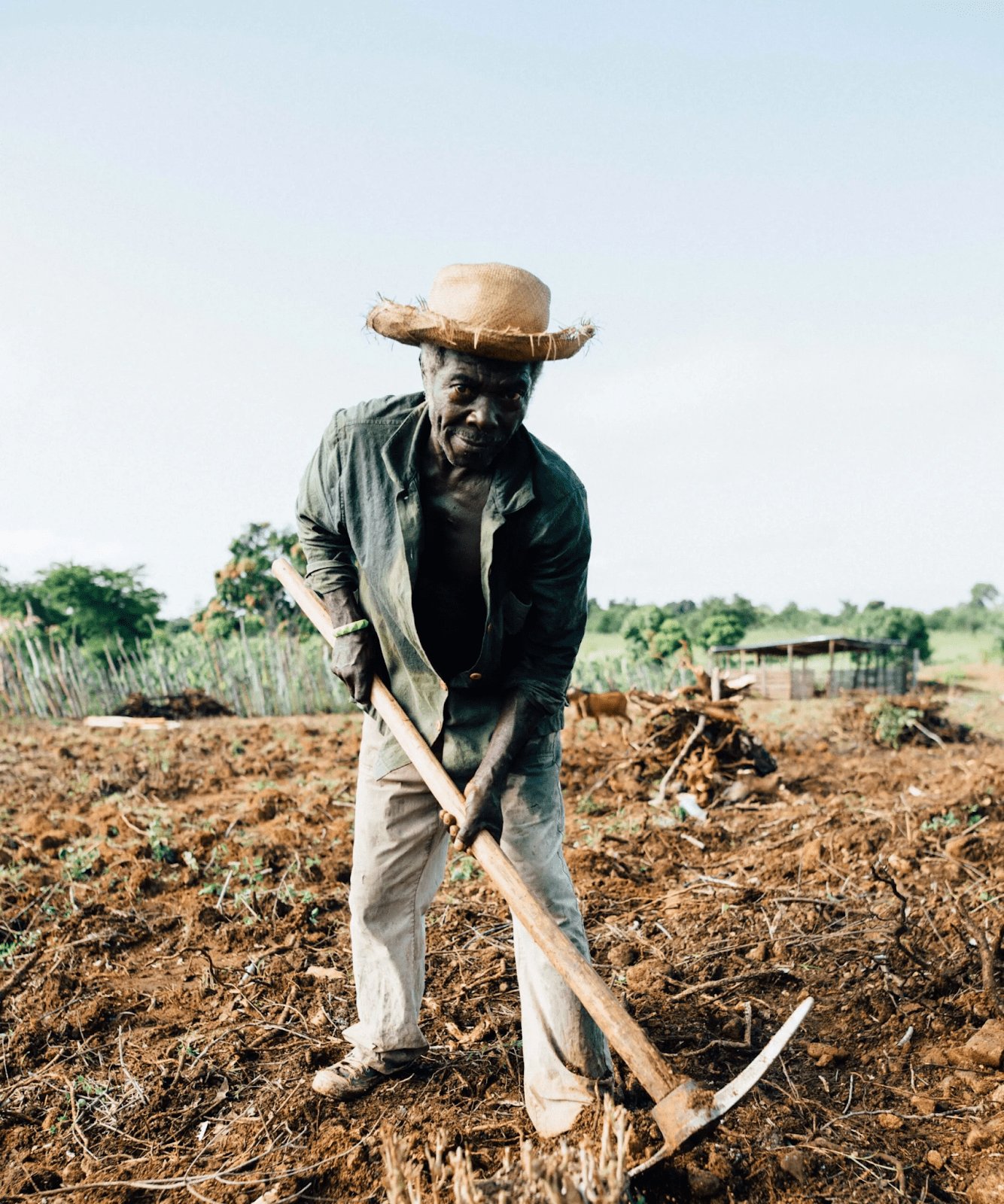
Photo Courtesy Black Farmers’ Collaborative
One project was to model six options for installing solar panels on the 14.5-acre Seed Time Harvest Farms in Monticello, FL. As a respected community member, owner Cetta Barnhart’s property was the perfect demo farm for an agrovoltaic system that could inspire others in the local area to follow suit.
“That’s the real gist of what this team is looking for: How can we bring change into our community that’s long-lasting, that’s impactful, and that helps the Black farmers? … The project has helped me develop that conversation and come up with a real plan of implementation that can be duplicated,” Barnhart explained.
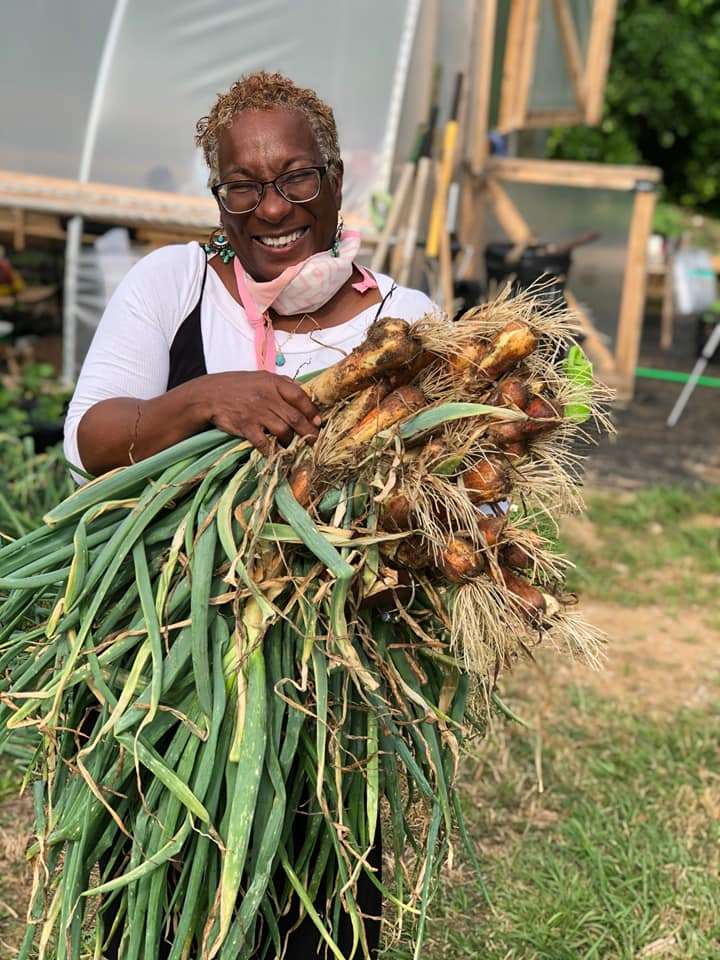
Photo Courtesy Seed Time Harvest Farms
The other project is focused on Bealsville, FL, which was founded by 12 former enslaved Black people after the Civil War. The town took its current name in 1923 to honor Alfred Beal, the son of one of the original 12, who managed to hold onto his land, bought back others’ land that had been foreclosed on, and either donated or sold it back to other Black farmers.
One hundred years later, the NREL has helped create a guide for installing solar panels on churches, with walkthroughs ranging from determining the proper building and the type of panels to install to how to maintain and eventually decommission those panels.
“It has been the faith-based community, the Black Church, that has given leadership to our community,” Rev. Jerry G. Nealy, the founder, president, and CEO of the Black Farmers’ Collaborative, said in an NREL news story. “We can help spread that this will be a great benefit to our community and be a good green corporate citizen.”
However, the hope is for a rippling effect throughout the community, supplying installation and maintenance jobs to formerly incarcerated individuals and enticing young people to develop an interest in solar or STEM that can benefit their families and neighbors.
Floating Array In Upstate New York
Another Expert Match success story comes out of Cohoes, NY, a working-class community with an aging infrastructure that knew it wanted to diminish its impact on the climate. With slate roofs and no farmland, they devised the idea for a floating solar array on a 10-acre reservoir. With the help of the NREL, it is set to become the first municipally-owned and operated floating solar project in the U.S.
“The idea is if we own and operate the floating solar, then we will be generating all the electricity that we need for our municipal buildings. …,” Theresa Bourgeois, city director of operations, discussed the reasoning behind the partnership in an NREL blog post. “We’re working with our school district, and we’re working with our housing authority to have them share in that. So, what are the legal agreements about that? These are all of the kinds of topics that we needed more technical assistance on.”
Plus, the experts provided the community with guidance on reviewing proposals for restoring buildings and making them more energy-efficient, which has led to designs for retrofitting city hall, for example. With a city motto of “honor the past, explore the present, inspire the future,” it seems that Cohoes, as well as these other communities, are doing just that.

